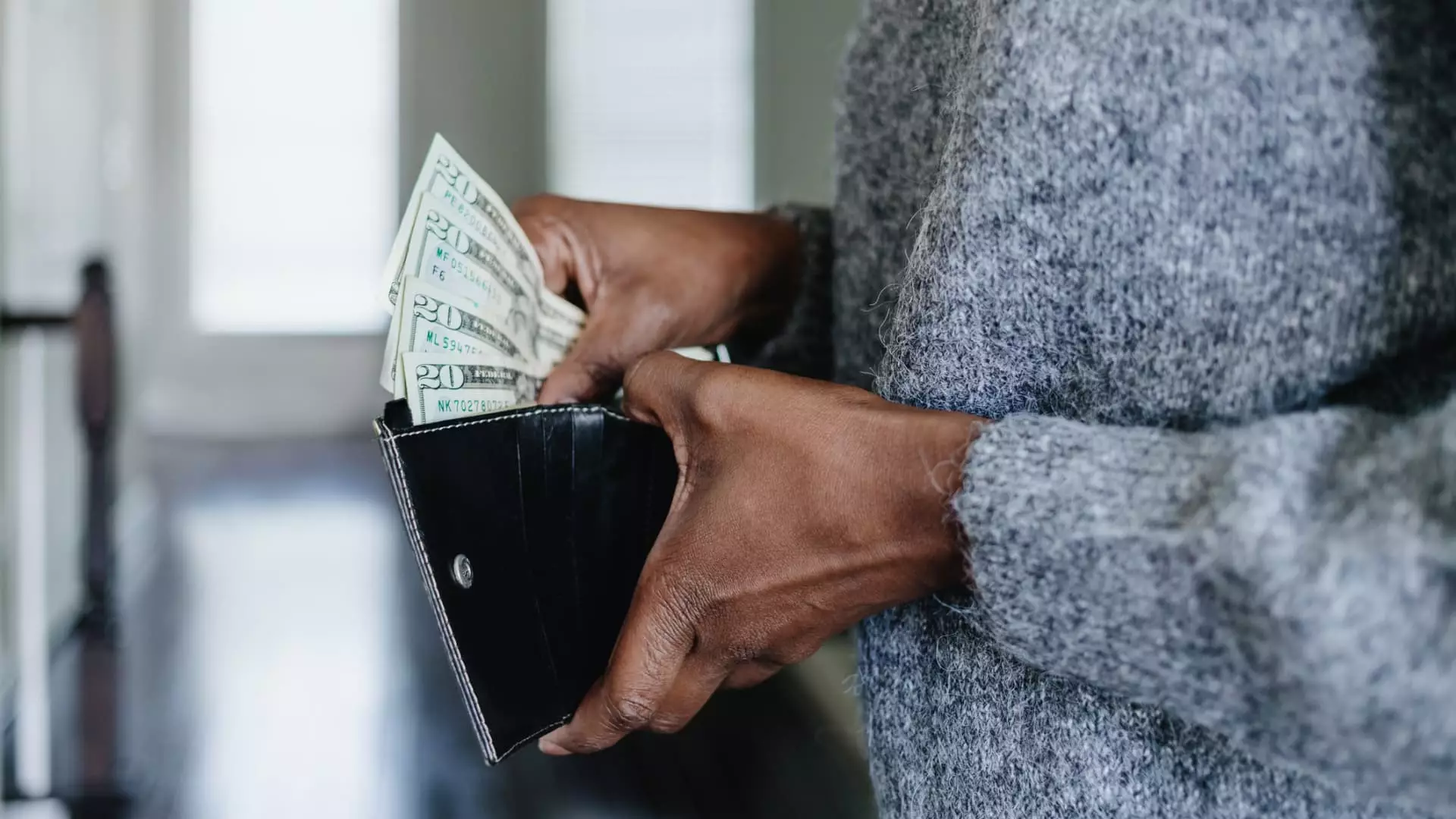In the aftermath of a pandemic-fueled spending spree, a startling shift is quietly reshaping American consumer behavior—one that reveals more about collective insecurity than mere financial prudence. Once celebrated as a return to normalcy marked by indulgent “revenge spending,” recent data show that Americans are increasingly turning to “revenge saving,” a term gaining traction to describe the burgeoning tendency to squirrel away cash instead of splurging. The U.S. personal saving rate climbed to 4.5% in May, its highest since the pandemic’s onset, reversing the typical post-crisis rebound of consumer confidence. Far from an intuitive sign of financial health, this cautious recalibration underscores widespread unease about the present and the future.
How Economic Uncertainty Drives a Defensive Posture
Multiple forces converge to erode consumer confidence, chief among them persistent inflation, uncertain trade policies, and volatile labor markets. Rather than adjusting to an improving economy, the average American appears to be bracing for further instability. Unlike the traditional savings model inspired by future aspirations, this more reactive savings behavior seems grounded in fear—fear of rising tariffs, escalating costs of living, and the possibility of losing employment or encountering unexpected expenses. This emotional undercurrent shapes financial decisions in a way that’s less about empowerment and more about self-protection.
The rise of viral “no buy” challenges on social platforms like TikTok and Reddit typifies a grassroots movement of restriction and sacrifice. These online communities promote radical reductions in discretionary spending, shunning previously normalized activities such as dining out, travel, or subscription services. At first glance, this seems like a smart adjustment; however, it also reflects the heightened anxiety pervading society’s economic outlook.
The Hidden Psychological Toll of Financial Precarity
Dina Caggiula from Vanguard highlights an often-overlooked consequence of insufficient savings: the mental burden. Americans reportedly spend nearly seven hours weekly fretting about money—a level that more than doubles the cognitive load that substantial financial buffers can alleviate. This statistic suggests that financial strain is not merely a material problem but a chronic psychological weight affecting countless households.
The Vanguard survey revealing that 71% of Americans intend to bolster emergency funds underscores a collective determination to regain control. Yet, this collective caution also functions as an indictment of systemic instability, signaling distrust in the safety nets and economic policies meant to protect vulnerable populations. If the majority feels compelled to hoard cash just to survive potential disasters, it reflects a failure to instill confidence in the social and economic infrastructure meant to sustain the middle class.
Retirement Savings: A Silver Lining or Compromise?
A related but distinct behavioral trend is the rising contribution to retirement accounts like 401(k)s, which hit a record 9.5% contribution rate. While this may appear as a positive trajectory toward long-term security, it’s crucial to question what this trend masks. Greater automatic enrollment and escalation features in retirement plans undoubtedly ease the pathway to saving, but the surge in contributions could also reflect workers’ fears about the adequacy of their future social safety net, especially amid evolving political and economic uncertainties.
This increase in retirement savings might be a double-edged sword. On one hand, it offers a practical route to financial preparedness. On the other, it pushes consumers to prioritize distant security over immediate quality of life—potentially exacerbating financial stress today and contributing to broader inequalities in spending power and well-being.
An Economy Struggling to Inspire Optimism
What this “revenge saving” lifestyle ultimately reveals is the fragility of the American economy in the eyes of its citizens. When the dominant feeling shifts from hope to defense, it challenges policymakers and business leaders alike to rethink economic strategies and social safety programs. Inflation, market volatility, and geopolitical anxieties are not abstract concerns; they translate into real adjustments in everyday lives, reshaping consumer markets and economic growth trajectories.
This cautious consumer behavior, while sensible at an individual level, could collectively slow economic recovery, trading short-term prudence for long-term stagnation. Without a revitalization of trust—in government, markets, and labor security—the crisis of confidence will persist, amplified by social media’s echo chambers and the relentless drumbeat of financial uncertainty.
In this sense, America’s evolving saving habits are not just a financial phenomenon; they are a mirror reflecting a society grappling with its own insecurities, demanding smarter, more compassionate economic policies that can restore a sense of stability—and optimism—for all.

